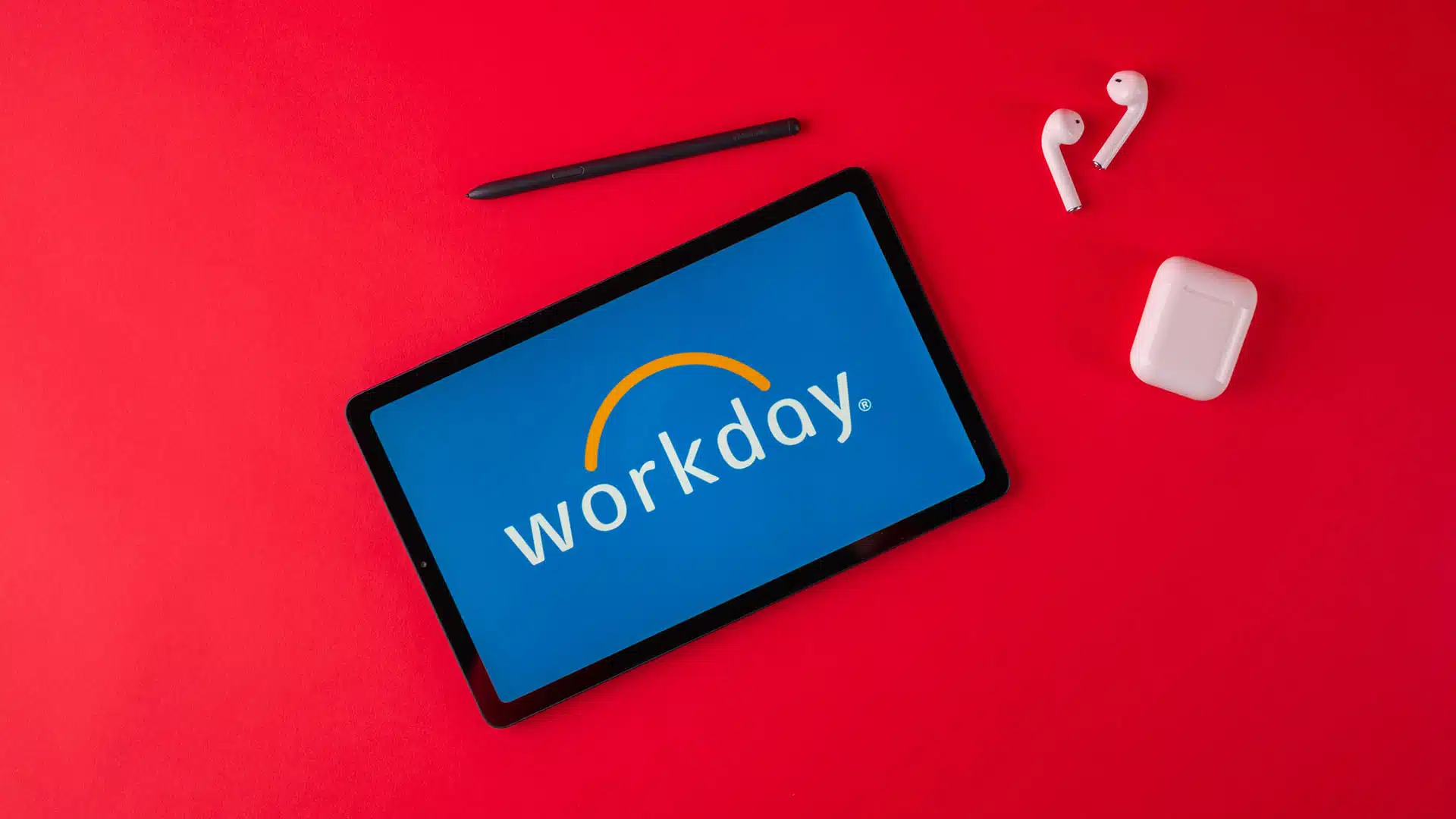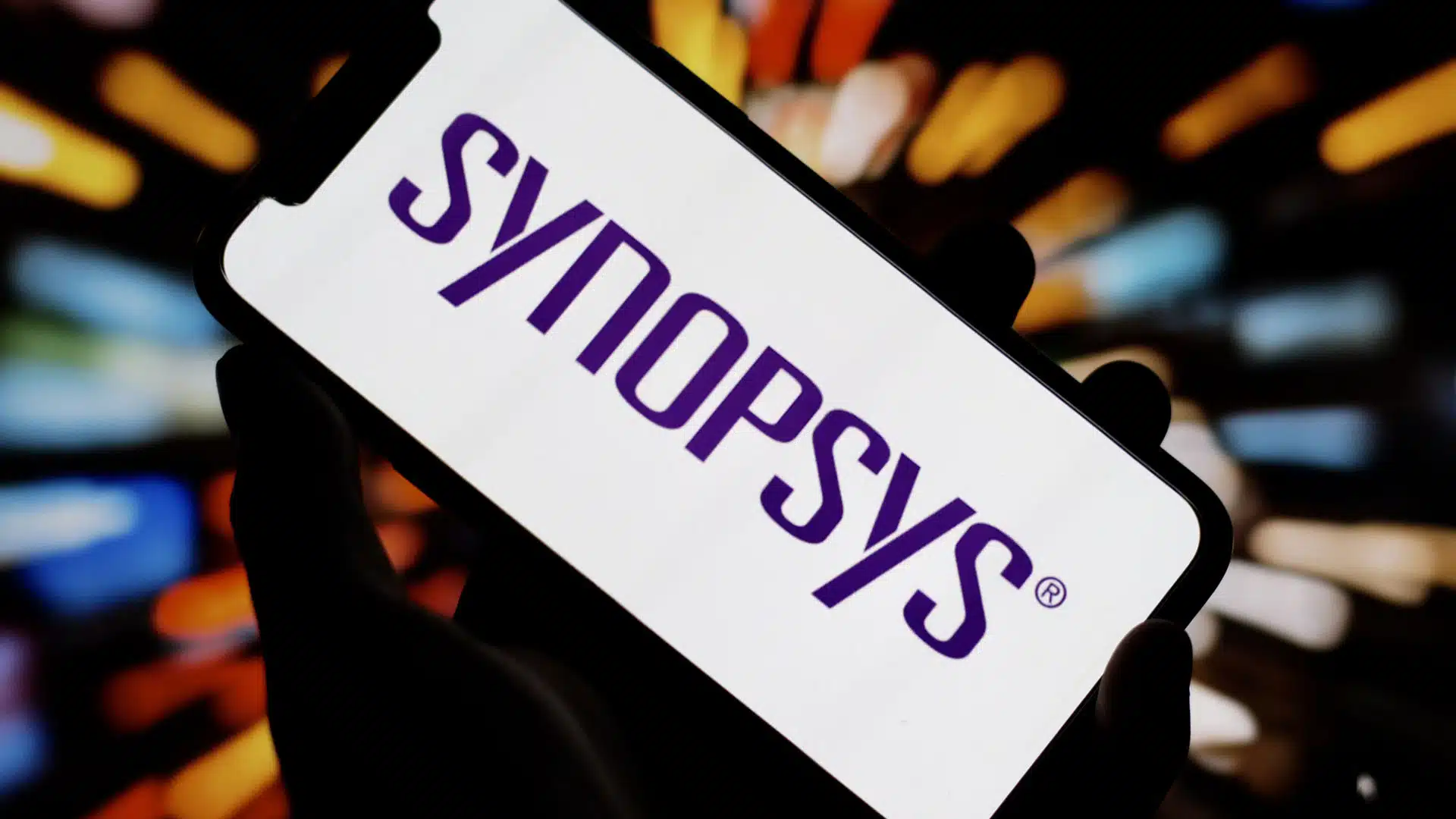New research from Adobe reveals that the digital economy—the result of companies undertaking digital transformation—is creating new rules, expectations, and opportunities.
The research, first unveiled during the Adobe Summit conference in March, contains findings from a survey of 13,000 consumers alongside 4,250 CX and marketing professionals across 14 countries—the US, UK, Denmark, the Netherlands, Sweden, Germany, France, Australia, New Zealand, Japan, India, Singapore, Thailand, and Malaysia. Highlights from the research are shown below.
- The digital economy plays an increasing and empowering role in the lives of most consumers. 84% of global consumers say the digital economy plays a role in their lives, and 83% of marketing and CX leaders say the same in reference to their business. In both groups, 18% say the digital economy IS the economy.
- Trust is paramount in the digital economy and during challenging economic times. When choosing where to spend money in times of economic uncertainty, consumers rank trust #1, followed by price, selection, and relevance. Among younger consumers, trust outranks price by 13% for Gen Z and 15% for Millennials.
- The digital economy is changing customer expectations. More than 70% of marketers say their customers now expect “much better experiences.” And the larger a company is, the higher customer expectations are. Younger consumers have the highest standards and are also much more likely to expect personalized experiences from brands: 60% for Gen Z and 53% for Millennials, compared to 39% of consumers overall.
- Brands and consumers do not see eye-to-eye on CX quality. Among marketers, 85% say their customers’ experiences are “amazing.” However, only 63% of consumers are happy with their CX: a 22-point gap between what marketers believe they deliver, compared to how customers really feel.
- As economic conditions get worse, customer expectations do not fall; they rise. 50% of consumers expect better experiences from brands when the economy is down. Only 14% lower their expectations when economic conditions get worse.
- The digital economy has positive impacts on companies and employees. 70% say the digital economy is helping them work more smartly and creatively; 7% argue otherwise. 53% say the digital economy is opening up economic opportunities outside of work, including side hustles and consulting.
- The digital economy helps marketers. 79% say the digital economy is helping their businesses, and 37% say it is supercharging their companies’ success, providing a competitive advantage.
- Digital technologies play a broad and important role in CX. 85% of customers agree with the statement; the figure jumps to 98% among marketers.
- The future of shopping is digital. In the next two years, 71% of Gen Z expect to spend the majority of their time shopping in online or virtual spaces, compared to 28% in physical stores.
- Companies underutilize data and digital technologies to engage customers. Just 46%—less than half—use digital channels to communicate with prospective customers. The same low numbers apply to other cases: Only 44% use data to identify high-value prospects, and just 43% use digital technologies to identify upselling opportunities.
- Consumers expect new formats to be a big part of their near-future experiences. These formats include 3D, video, augmented reality (AR) and virtual reality (VR), and digital-to-physical.
- Brands are ramping up to bring more digital magic to their CX within the next two years. Some examples: 76% will enable customers to build virtual products convertible into physical products. 74% will offer virtual or immersive events. 74% will use virtual tokens, credits, or non-fungible tokens (NFTs) to trade for products or experiences.
Related Article: New Research from Adobe, CSG, Talkdesk, SAS, and Sprinklr
Author Information
Alex is responsible for writing about trends and changes that are impacting the customer experience market. He had served as Principal Editor at Village Intelligence, a Los Angeles-based consultancy on technology impacting healthcare and healthcare-related industries. Alex was also Associate Director for Content Management at Omdia and Informa Tech, where he produced white papers, executive summaries, market insights, blogs, and other key content assets. His areas of coverage spanned the sectors grouped under the technology vertical, including semiconductors, smart technologies, enterprise & IT, media, displays, mobile, power, healthcare, China research, industrial and IoT, automotive, and transformative technologies.
At IHS Markit, he was Managing Editor of the company’s flagship IHS Quarterly, covering aerospace & defense, economics & country risk, chemicals, oil & gas, and other IHS verticals. He was Principal Editor of analyst output at iSuppli Corp. and Managing Editor of Market Watch, a fortnightly newsletter highlighting significant analyst report findings for pitching to the media. He started his career in writing as an Editor-Reporter for The Associated Press.








